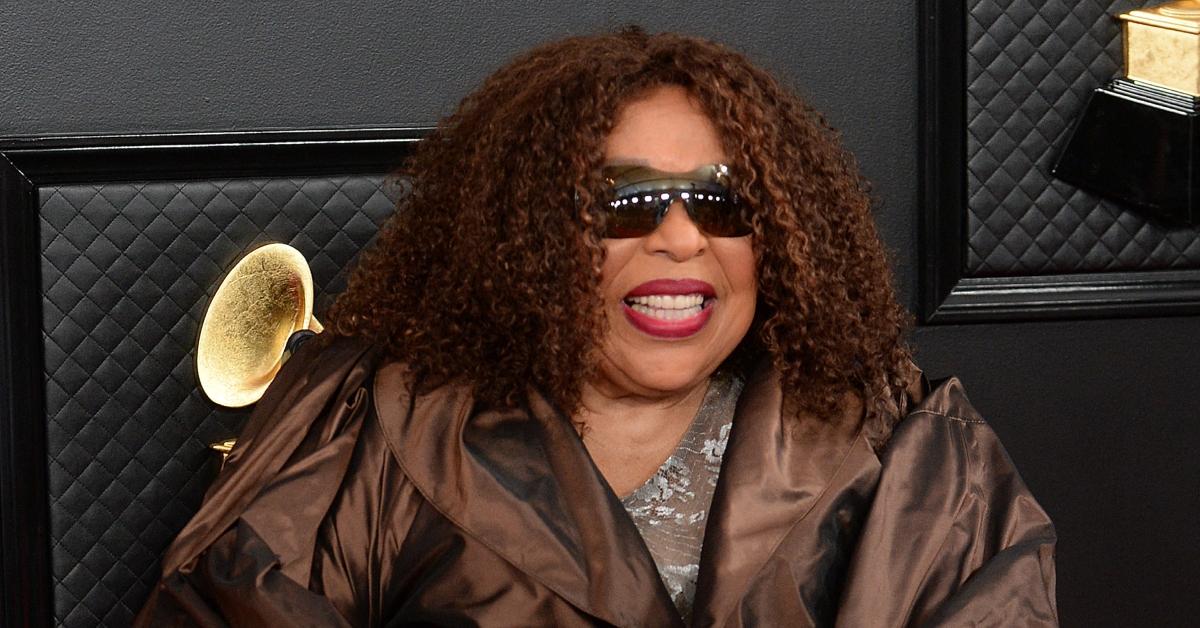Roberta Flack, the celebrated American singer, songwriter, and pianist, left an indelible mark on the music industry with her unique blend of soul, jazz, folk, and pop. At the time of her passing on February 24, 2025, at the age of 88, she had amassed a net worth of $20 million. Flack’s ability to convey raw emotion through her warm contralto voice and sophisticated piano arrangements made her one of the most respected artists of her time.
How Did Roberta Flack’s Early Life Shape Her Musical Career?
Born on February 10, 1937, in Black Mountain, North Carolina, Roberta Cleopatra Flack was raised in a deeply musical environment. Her mother, a church pianist, recognized her prodigious talent early on and ensured she received formal piano lessons by the age of nine. Flack’s exceptional skills led her to earn a full music scholarship to Howard University at just 15, making her one of the youngest students admitted to the institution. Initially training in classical piano, she later broadened her musical scope to include education, graduating with a degree in music education. Before launching her professional career, Flack worked as a music teacher in Washington D.C., honing her craft by performing at local clubs, particularly at Mr. Henry’s on Capitol Hill, where she cultivated a devoted audience.
What Led to Roberta Flack’s Rise to Fame?
Flack’s breakthrough came in 1968 when jazz musician Les McCann discovered her performing at Mr. Henry’s and arranged an audition with Atlantic Records. This led to the release of her debut album, First Take (1969), which initially went unnoticed. However, in 1972, Clint Eastwood featured her haunting rendition of The First Time Ever I Saw Your Face in the film Play Misty for Me, catapulting her to stardom. The song dominated the Billboard charts for six weeks and earned Flack her first Grammy Award for Record of the Year. She achieved an unprecedented feat by winning the same award consecutively with Killing Me Softly with His Song in 1973, securing her status as a trailblazing artist.
How Did Roberta Flack’s Collaborations Define Her Career?
One of Flack’s most cherished collaborations was with fellow soul singer Donny Hathaway, whom she met at Howard University. Their duets, including Where Is the Love and The Closer I Get to You, showcased an undeniable musical chemistry that captivated audiences. Their 1972 album, Roberta Flack & Donny Hathaway, was a critical and commercial success, solidifying them as one of the most iconic duos of their era. Tragically, Hathaway’s death in 1979 ended their partnership, a loss that deeply affected Flack both personally and professionally. In later years, she continued to collaborate with artists such as Peabo Bryson, creating hits like Tonight, I Celebrate My Love.
What Made Roberta Flack’s Musical Style Unique?
Flack’s artistry defied categorization. Unlike many of her contemporaries, she prioritized emotional depth over vocal acrobatics, employing a restrained yet profoundly expressive style. Her music seamlessly fused elements of jazz, classical, folk, and R&B, with her classically trained piano playing adding depth to her arrangements. This refined approach allowed her to reinterpret songs with a deeply personal touch, influencing generations of artists across multiple genres, from contemporary jazz musicians to R&B singers.
Where Did Roberta Flack Live?
For over four decades, Flack resided in one of New York City’s most famous landmarks, The Dakota. She purchased her apartment at 1 W 72nd St in the 1970s at the height of her fame, sharing the building with legendary figures like John Lennon and Yoko Ono. The nine-room residence, adorned with intricate moldings and high ceilings, offered a picturesque view of Central Park. In 2015, she listed the property for $10 million, eventually selling it for $5.8 million in 2018 following a stroke that impacted her health.
How Did Roberta Flack’s Later Career and Legacy Evolve?
Though her commercial peak was in the 1970s, Flack remained an active force in the music industry. She explored new directions, collaborating with artists such as Luther Vandross and even working with poet Maya Angelou. Committed to giving back, she founded the Roberta Flack School of Music in the Bronx, offering free music education to underprivileged youth.
In 2018, Flack suffered a stroke, and in 2022, she was diagnosed with ALS, which significantly impacted her ability to perform. Despite these challenges, she continued shaping her legacy, overseeing reissues of her classic recordings and participating in a documentary about her life. Her passing on February 24, 2025, marked the end of an extraordinary journey, yet her influence endures through the countless artists she inspired and the timeless recordings that continue to resonate with audiences.
What is Roberta Flack’s Enduring Impact on Music?
Roberta Flack’s career was defined by her ability to create music that felt deeply personal yet universally relatable. Her emphasis on storytelling, emotional nuance, and musical sophistication set her apart from her peers. Winning four Grammy Awards and achieving multiple chart-topping hits, she established herself as one of the most influential voices of her era. Beyond her accolades, Flack’s impact is measured in the lasting impression she left on the music world, from her groundbreaking duets to her soulful interpretations that continue to captivate listeners across generations. Her music, rich with warmth and authenticity, ensures that her legacy remains alive in the hearts of fans worldwide.







